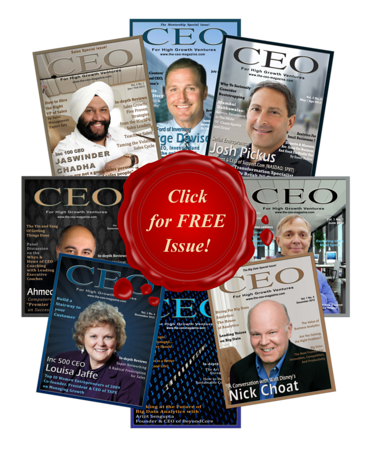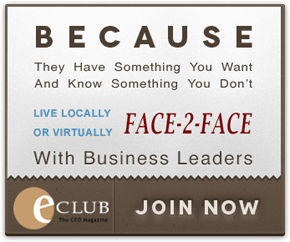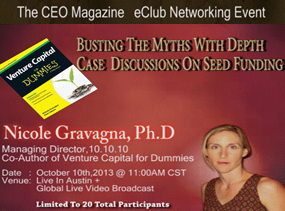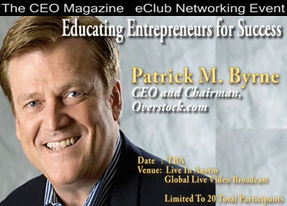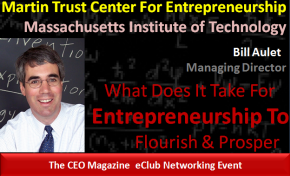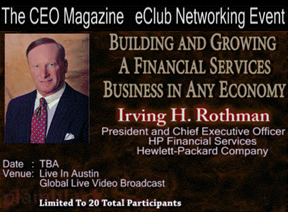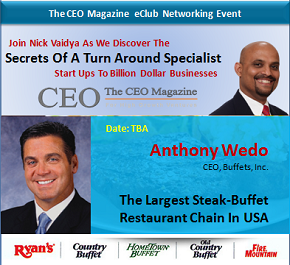You are here
- Guest Blogger |
- Self Governance |
- Wed, 11/09/2016 - 01:12

Bill Thompson
I spent twenty years in the corporate world creating, building, and selling companies and twenty more helping my son grow a computer memory manufacturing operation he’d started at age fourteen. Over that stretch I held every “chief” title there was, it seemed—except Chief Financial Officer. I was always smart enough to know someone else needed to do the numbers.
By mid-2009 I’d been a senior executive of the memory company for nearly two decades. I enjoyed the work, we had a support staff to handle just about any issue, and there were nearly a hundred employees in two locations. I was in my early sixties and if anyone had asked, I would have said I’ll work until it’s time to stop. I’d never not worked in all these years and I couldn’t imagine life without the corporate structure I was so accustomed to.
On the second day of July 2009, I learned what the poet Robert Frost meant in The Road Not Taken. “Two roads diverged in a yellow wood,” he wrote, “and I took the one less traveled by, and that has made all the difference.” My wife of forty-one years and I sat in a doctor’s office and learned the name of the problem she’d been dealing with for the past five years. We also learned something else that day, something most people thankfully never have to know. We heard how many months of life remained for her.
It all started with a tingling sensation and partial loss of use of the motor skills in one hand. Then there was a little problem now and then with her leg on the same side. Then it moved to the other side, and holding things tightly became a problem. Sometimes walking did too. Sometimes her brain just stopped telling her how to put one foot in front of the other. It was very odd and disturbing as things progressed.
That day in July we learned she had a rare neurological disease called corticobasal degeneration, or CBD. A second opinion confirmed the diagnosis and the estimate that she wouldn’t live more than twelve more months.
She quit her high-profile executive job with a NYSE-listed company the next week. There was more to life now, she opined, than a career. I began working from home more and more over the next few months as she first needed little things, then ultimately became wheelchair-bound and unable to feed herself.
By May 2010 I was rarely at the office, relying on this high-tech age to handle almost everything remotely. She died peacefully that month at age sixty-three, and I was alone for the first time in forty-two years.
I went back to work and found things totally different. Over eleven months I’d weaned myself from the necessity to depend so much on others – IT staff, executive assistants, shipping, and logistical people, for instance—and I’d begun fending more for myself. It was harder and took more time, but time was suddenly something I had a lot of. I tried working full days when I first went to work after my wife’s death but gradually settled in to a half-day pattern. But even that didn’t seem to work for me anymore.
Not long before her diagnosis, my wife had encouraged me to dust off a manuscript I’d started thirty years ago. I finished and published it and that became my first novel. As I became more of a caretaker I started another book, and only after it was published was I willing to call myself an author. It was a satisfying, gratifying feeling and it felt right for me.
My son sold our company in 2012 and I took that as a sign that it was time to embark on a new career. I left the safety, security, and comfort of a structured corporate environment and began writing from my home office. The whole concept was completely different from what I’d thought my “retirement” years would be. Now my work friends were three dogs who laid around on the floor sleeping while I put words on paper. My CEO was the wonderful girl I’d met and married, the woman who gave me a second chance at life.
I use many tools I’d learned as an executive to structure my life as a writer. I budget my time, keep a spreadsheet of my daily and weekly writing to keep myself on target, set deadlines, and hold myself accountable. I also allow myself plenty of time off, usually in the afternoons when I’ve always been less productive work-wise. My wife and I do things we like to do together in our free time, including a lot of travel and crossing things off the bucket list!
My work now is a job—a career just like the one I left. I’m fortunate to be earning an income from my ten novels so far, and even more fortunate that I do something I love, something I enjoy every single day.
I hope most people never have to go through the agony of losing a spouse. However, life deals us many different hands and I encourage executives—even serious workaholics—to give life a chance to take you down a different path—down Robert Frost’s road not taken—and maybe for you, as for me, it will make all the difference.
[Image courtesy: Graham Hale]
About the Author
Bill Thompson became a corporate entrepreneur early when at age 12, he started a company that bought and sold coins. By age 25 he had founded an insurance agency that became one of the largest in Oklahoma. Expanding and adding to that firm, Thompson created a financial services holding company that operated in several states plus Bermuda, the Cayman Islands and England. He later sold his interests and joined his son as an executive in a computer memory manufacturing and distribution company which by 1995 had grown to be in the top ten nationally by sales.
For more information, please visit www.billthompsonbooks.com, and connect with Thompson through Facebook, Twitter, and Goodreads.
Follow The Blog
Blog Categories
- Business Ops. (45)
- Editors (3)
- Entrepreneurship (196)
- Finance (25)
- Leadership (529)
Blog Authors
- Guest Blogger (835)
- Cynthia Kay (92)
- Linda Henman (78)
- Dianna Booher (46)
- Craig Ross (31)

